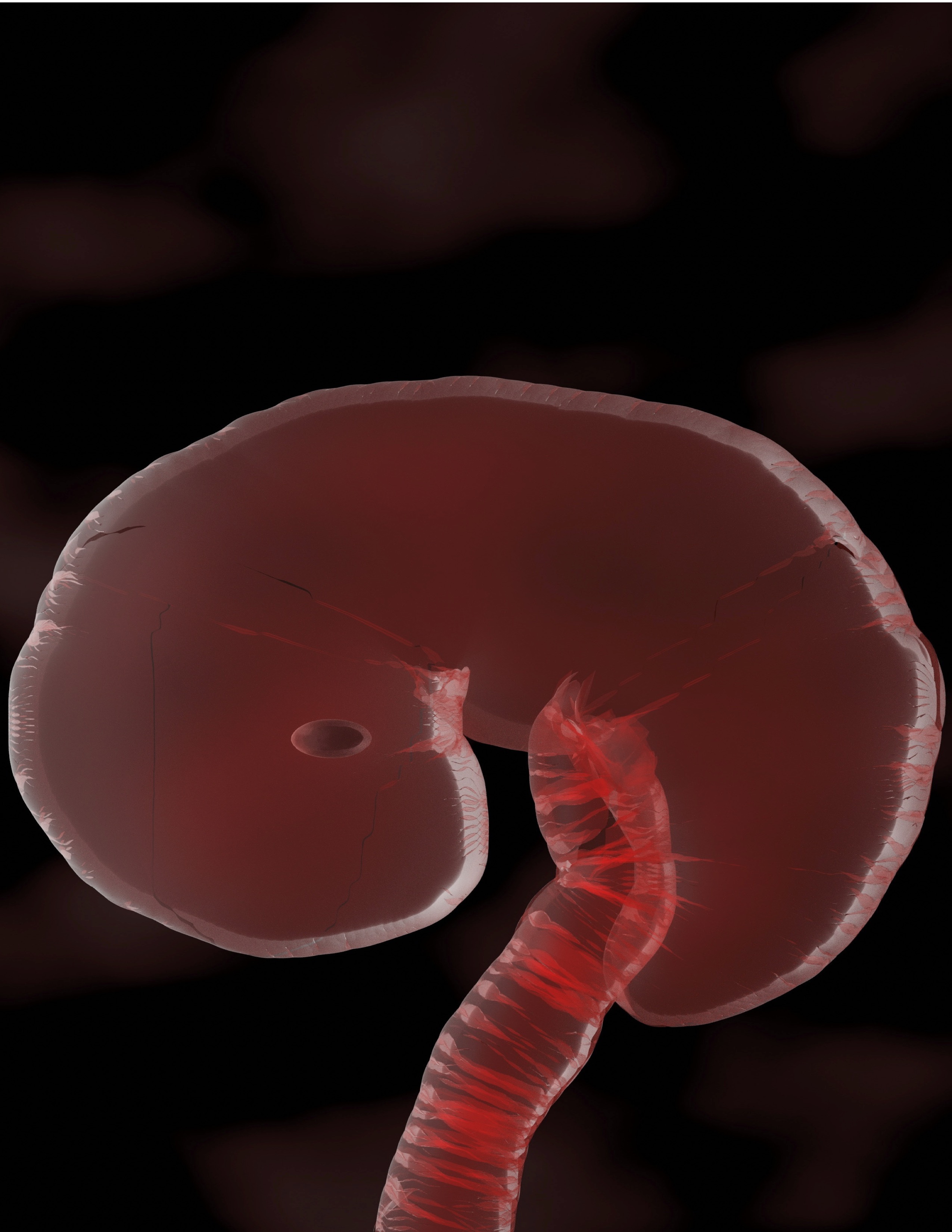Diversity and cultural differences in preeclampsia beliefs and management practices: a narrative review
DOI:
https://doi.org/10.33178/SMJ.2025.1.3Keywords:
preeclampsia, traditional medicine, maternal health, cultural factors, treatment, management, traditional Chinese medicineAbstract
Preeclampsia is a hypertensive disorder that poses significant risks to maternal and fetal health. Effective management is critical to minimize maternal and fetal morbidity and mortality. Preeclampsia management practices vary widely across different cultural and geographical settings. This review explores the cultural differences in the beliefs and management of preeclampsia.
High income countries benefit from well-established diagnostic and treatment protocols however, low- and middle-income countries face challenges related to lack of knowledge, resources, and access to care. Cultural factors, including the use of traditional medicine and the influence of family decisions on healthcare, often delay receiving appropriate medical care. In some cultures, traditional birth attendants and community health workers are the primary antenatal carers, but their approaches can conflict with modern medical practices. By understanding these cultural influences in healthcare, it can improve maternal health outcomes.
This review emphasizes the need for culturally competent healthcare, improved training for healthcare workers, and the implementation of standardized protocols globally. By integrating culturally competent practices into maternal healthcare systems and addressing the structural barriers to care, healthcare providers can optimize the diagnosis, treatment, and long-term outcomes for women with preeclampsia.
References
Karrar SA, Martingano DJ, Hong PL. Preeclampsia. [Updated 2024 Feb 25]. In: StatPearls [Internet]. Treasure Island (FL): StatPearls Publishing; 2024 Jan-. Available from: https://www.ncbi.nlm.nih.gov/books/NBK570611/
Khosla, K., Jin, Y., Espinoza, J., Kent, M., Gencay, M., Kunz, L. H., Mueller, A., Xiao, Y., Frank Peacock, W., Neath, S. X., Stuart, J. J., Woelkers, D., Harris, J. M., & Rana, S. (2024). Signs or symptoms of suspected preeclampsia - A retrospective national database study of prevalence, costs, and outcomes. Pregnancy hypertension, 36, 101124. https://doi.org/10.1016/j.preghy.2024.101124
Escobar, M.F., Benitez-Díaz, N., Blanco-Londoño, I. et al. Synthesis of evidence for managing hypertensive disorders of pregnancy in low middle-income countries: a scoping review. BMC Pregnancy Childbirth 24, 622 (2024). https://doi.org/10.1186/s12884-024-06796-2
Malik, A., Jee, B., & Gupta, S. K. (2019). Preeclampsia: Disease biology and burden, its management strategies with reference to India. Pregnancy hypertension, 15, 23–31. https://doi.org/10.1016/j.preghy.2018.10.011
Sheikh, S., Qureshi, R. N., Khowaja, A. R., Salam, R., Vidler, M., Sawchuck, D., von Dadelszen, P., Zaidi, S., Bhutta, Z., & CLIP Working Group (2016). Health care provider knowledge and routine management of pre-eclampsia in Pakistan. Reproductive health, 13(Suppl2), 104. https://doi.org/10.1186/s12978-016-0215-z
Atluri, N., Beyuo, T. K., Oppong, S. A., Moyer, C. A., & Lawrence, E. R. (2023). Challenges to diagnosing and managing preeclampsia in a low-resource setting: A qualitative study of obstetric provider perspectives from Ghana. PLOS global public health, 3(5), e0001790.
https://doi.org/10.1371/journal.pgph.0001790
Shewamene, Z., Dune, T. & Smith, C.A. The use of traditional medicine in maternity care among African women in Africa and the diaspora: a systematic review. BMC Complement Altern Med 17, 382 (2017). https://doi.org/10.1186/s12906-017-1886-x
Salam, R. A., Das, J. K., Ali, A., Bhaumik, S., & Lassi, Z. S. (2015). Diagnosis and management of preeclampsia in community settings in low and middle-income countries. Journal of family medicine and primary care, 4(4), 501–506. https://doi.org/10.4103/22494863.174265
Greene, N. H., Pon, F. F., & Kilpatrick, S. J. (2022). Race/ethnicity differences in response to acute antihypertensive treatment of
peripartum severe hypertension. The journal of maternal-fetal & neonatal medicine : the official journal of the European Association
of Perinatal Medicine, the Federation of Asia and Oceania Perinatal Societies, the International Society of Perinatal Obstetricians, 35(25), 10103–10109. https://doi.org/10.1080/14767058.2022.2116977
Fakeye, T. O., Adisa, R., & Musa, I. E. (2009). Attitude and use of herbal medicines among pregnant women in Nigeria. BMC complementary and alternative medicine, 9, 53. https://doi.org/10.1186/1472-6882-9-53
Zhang, J., Wu, T. X., & Liu, G. J. (2006). Chinese herbal medicine for the treatment of pre-eclampsia. The Cochrane database of
systematic reviews, 2006(2), CD005126. https://doi.org/10.1002/14651858.CD005126.pub2
Dako-Gyeke, P., Aikins, M., Aryeetey, R., McCough, L., & Adongo, P. B. (2013). The influence of socio-cultural interpretations of
pregnancy threats on health-seeking behavior among pregnant women in urban Accra, Ghana. BMC pregnancy and childbirth, 13, 211. https://doi.org/10.1186/1471-2393-13-21
Guerrier, G., Oluyide, B., Keramarou, M., & Grais, R. F. (2013). Factors associated with severe preeclampsia and eclampsia in Jahun,
Nigeria. International journal of women's health, 5, 509–513. https://doi.org/10.2147/IJWH.S47056
Khosravi, M., Mojtabaeian, S. M., & Aghamaleki Sarvestani, M. (2024). A systematic review on factors influencing Middle Eastern
women's utilization of healthcare services: The promise of mHealth. SAGE open medicine, 12, 20503121241276678. https://doi.org/10.1177/20503121241276678
Khowaja, A. R., Qureshi, R. N., Sheikh, S., Zaidi, S., Salam, R., Sawchuck, D., Vidler, M., von Dadelszen, P., & Bhutta, Z. (2016). Community's perceptions of pre-eclampsia and eclampsia in Sindh Pakistan: a qualitative study. Reproductive health, 13 Suppl 1(Suppl 1), 36. https://doi.org/10.1186/s12978-016-0136-x
Preeclampsia in Low and Middle Income Countries—Health Services Lessons Learned From the PRE-EMPT (PRE-Eclampsia–
Eclampsia Monitoring, Prevention & Treatment) Project von Dadelszen, Peter et al. Journal of Obstetrics and Gynaecology Canada ,
Volume 34, Issue 10, 917 – 926
Das, A., & Sarkar, M. (2014). Pregnancy-related health information-seeking behaviors among rural pregnant women in India: validating the Wilson model in the Indian context. The Yale journal of biology and medicine, 87(3), 251–262.
Bigdeli, M., Zafar, S., Assad, H., & Ghaffar, A. (2013). Health system barriers to access and use of magnesium sulfate for women with severe pre-eclampsia and eclampsia in Pakistan: evidence for policy and practice. PloS one, 8(3), e59158. https://doi.org/10.1371/journal.pone.0059158
Mkhize, P. Z., Dorsamy, V., Khaliq, O. P., Bagwandeen, C., & Moodley, J. (2024). The effectiveness of low-dose aspirin for the prevention of hypertensive disorders of pregnancy in a sub-Saharan Africa Country: A randomized clinical trial. European journal of obstetrics, gynecology, and reproductive biology, 303, 259–265. https://doi.org/10.1016/j.ejogrb.2024.10.052

Downloads
Published
License
Copyright (c) 2025 Aqsa Shoaib

This work is licensed under a Creative Commons Attribution-NonCommercial 4.0 International License.









